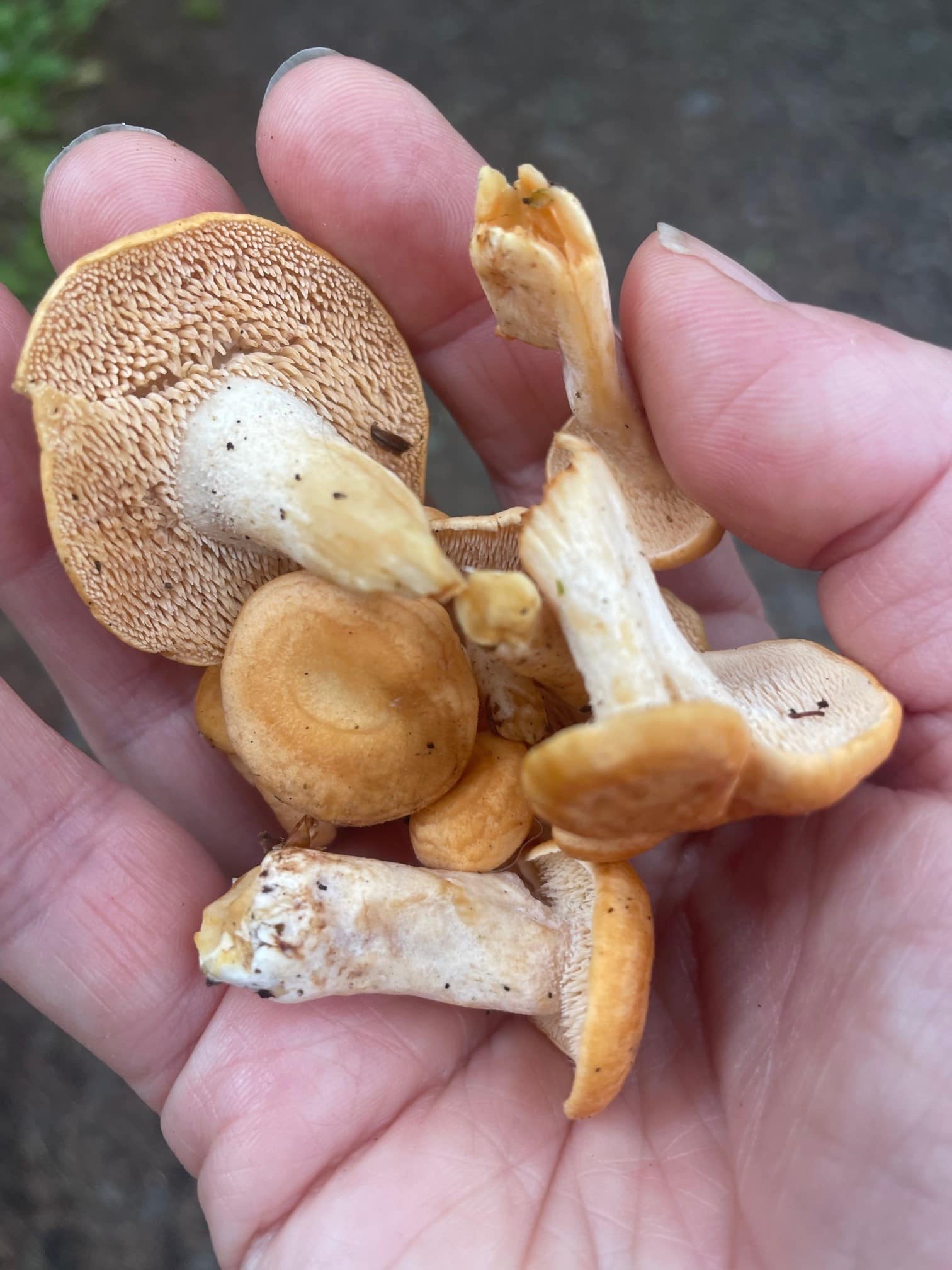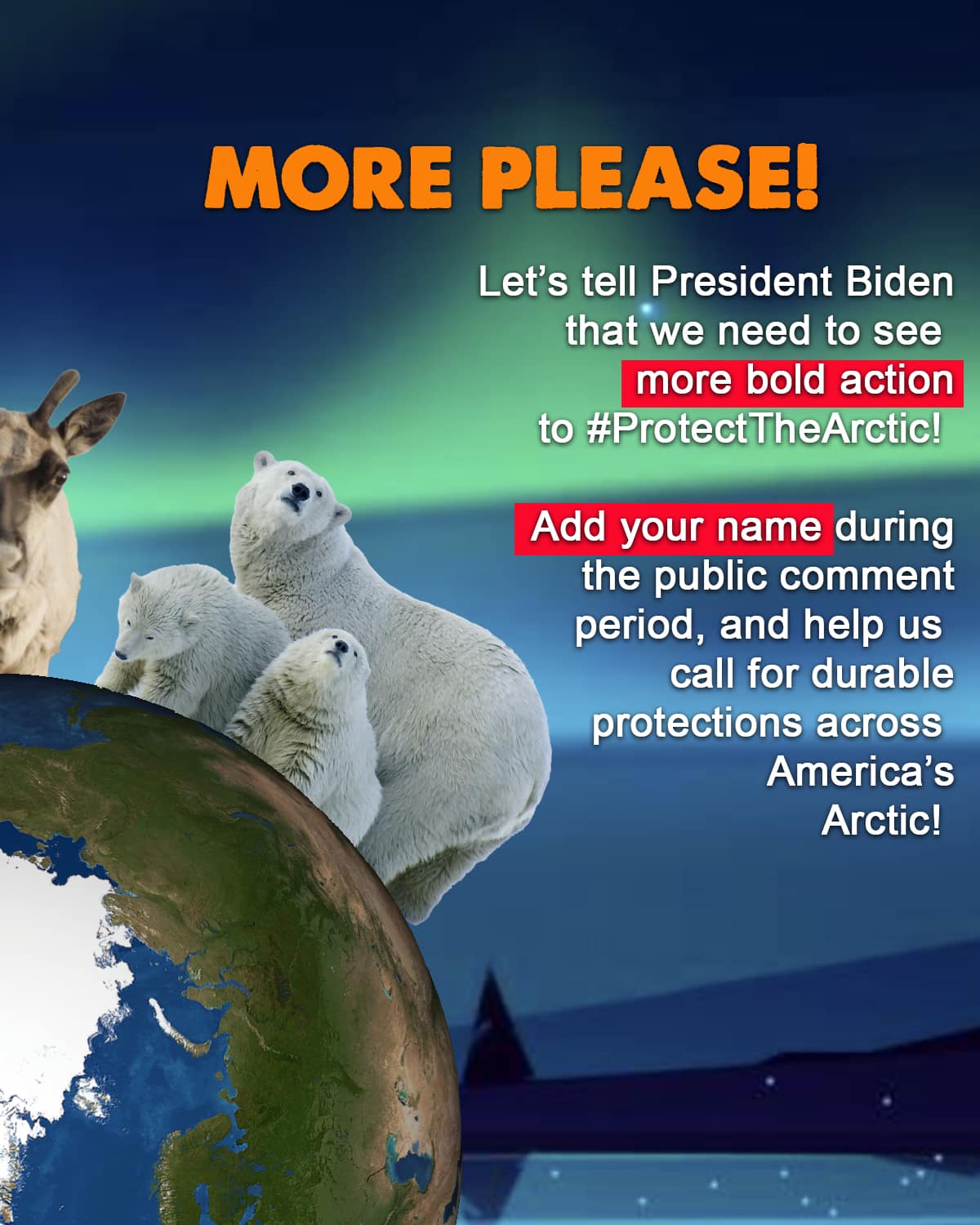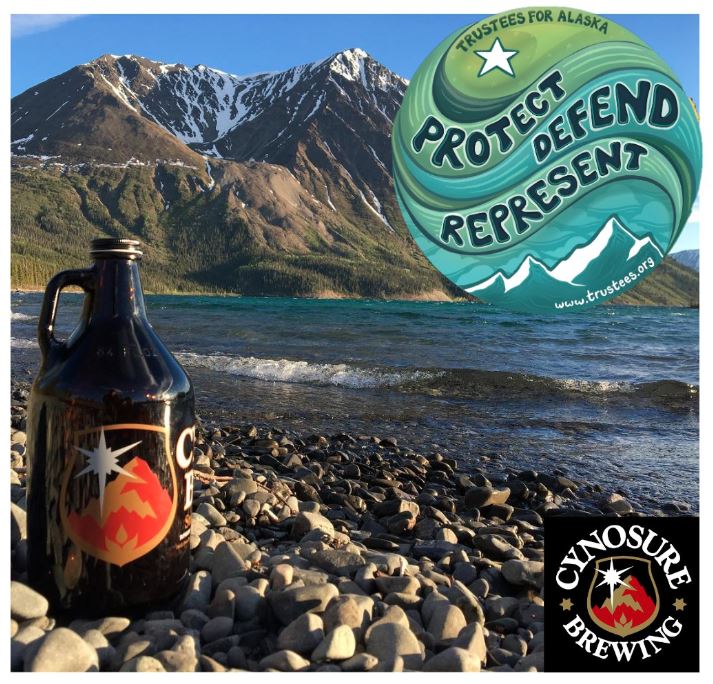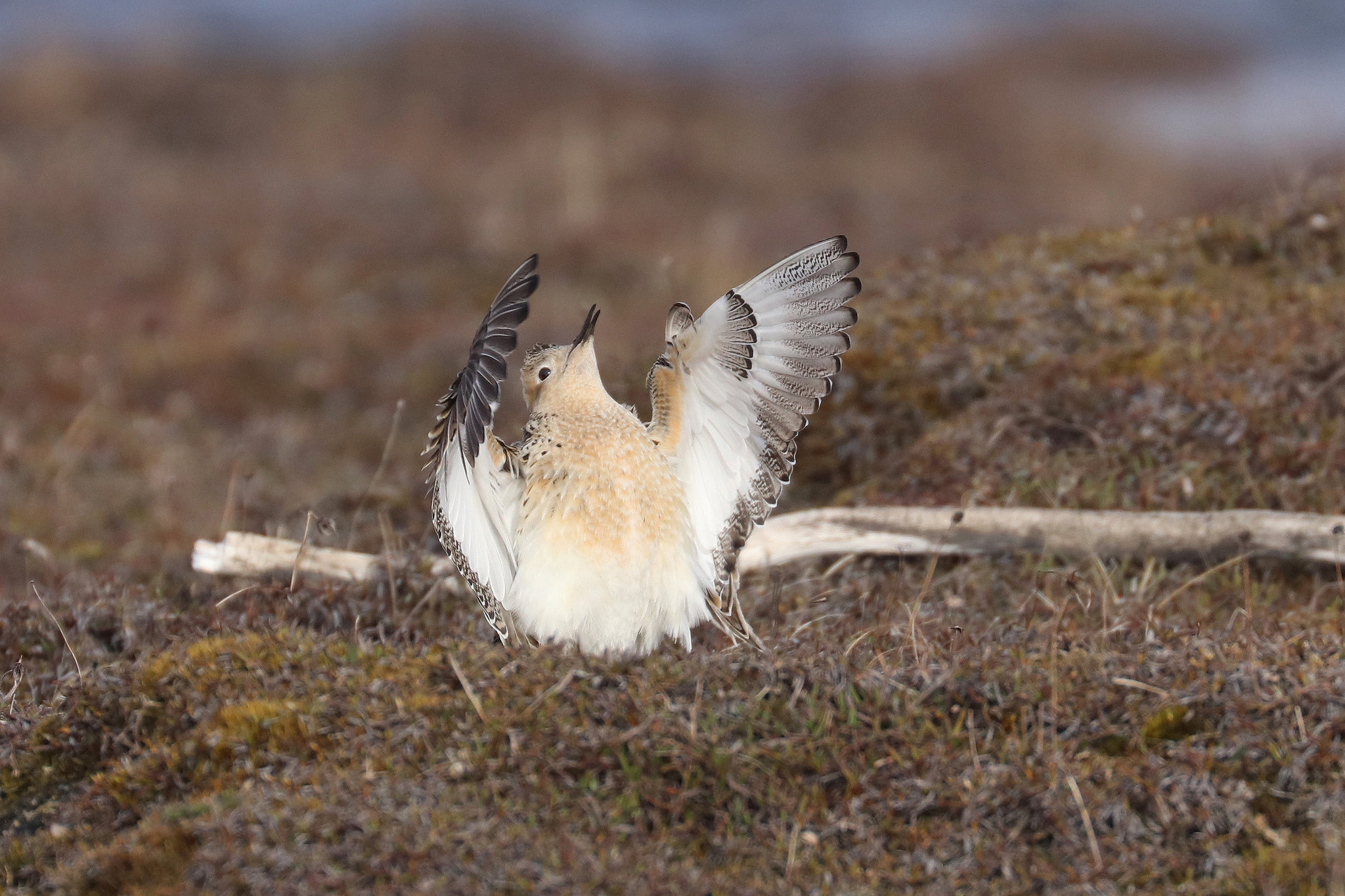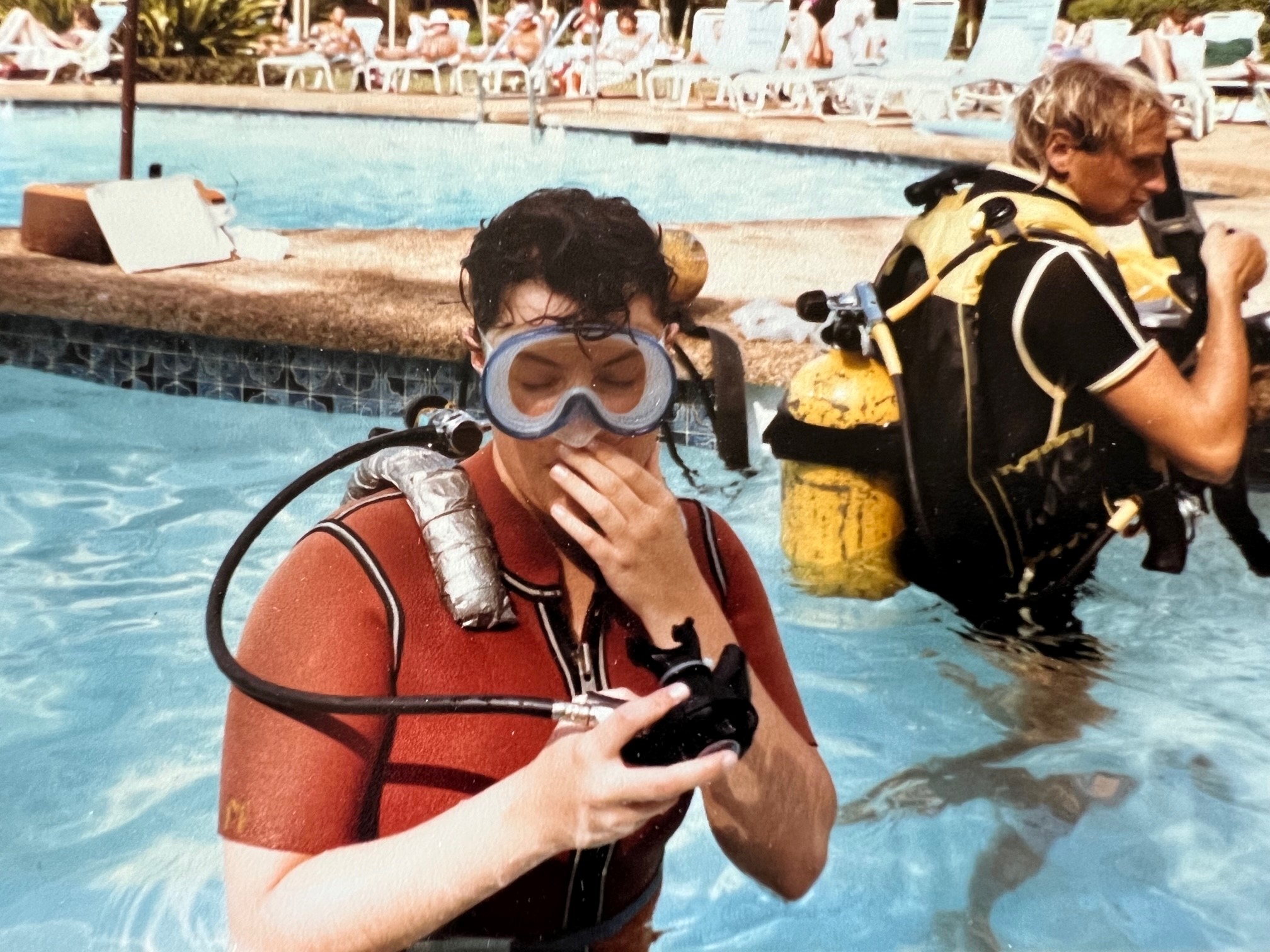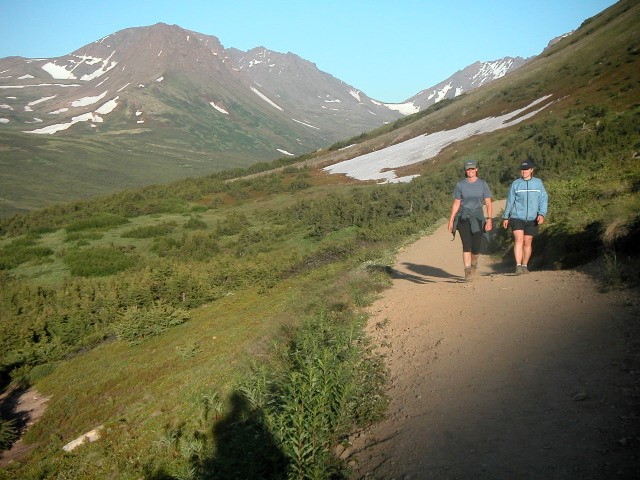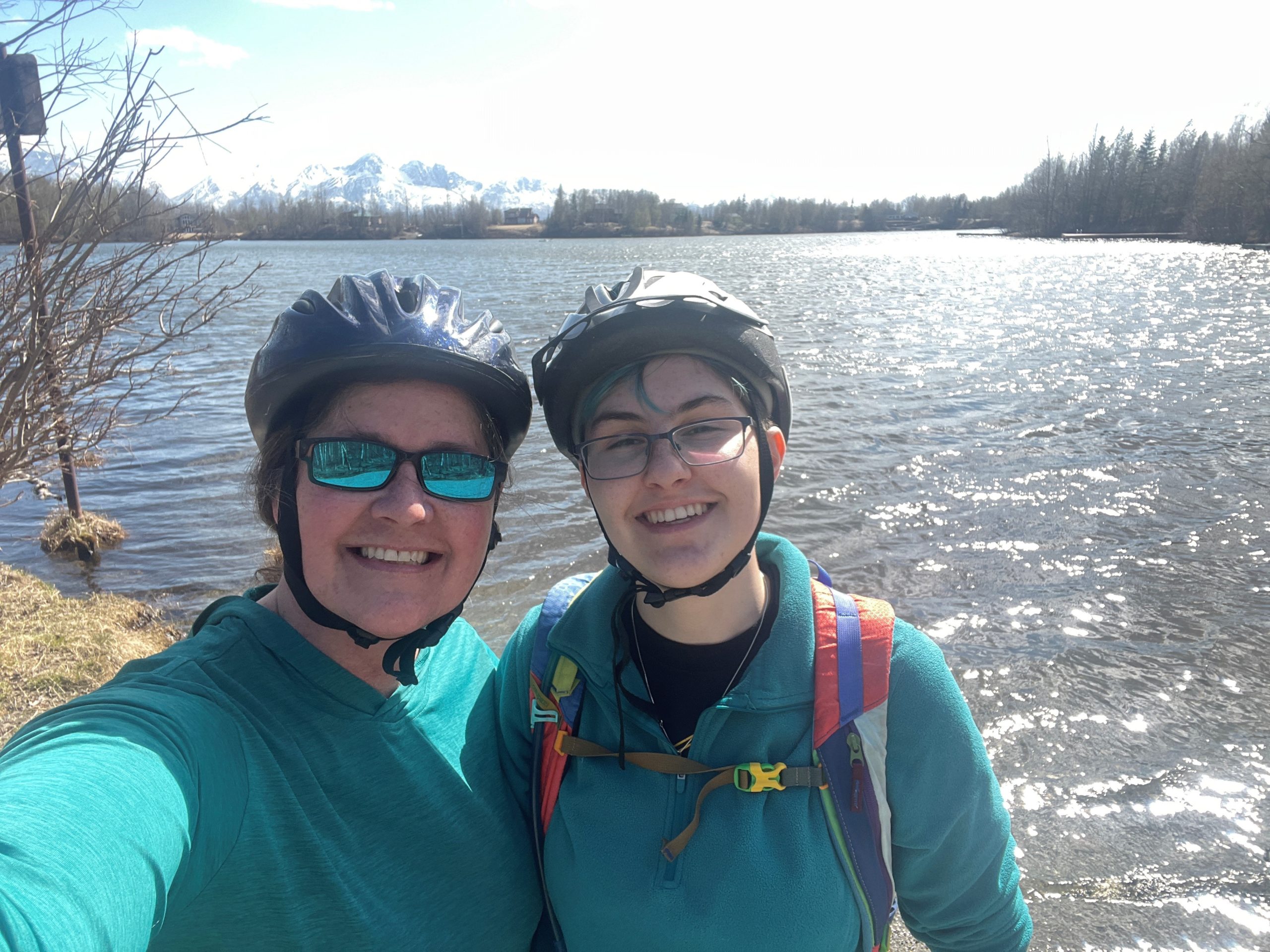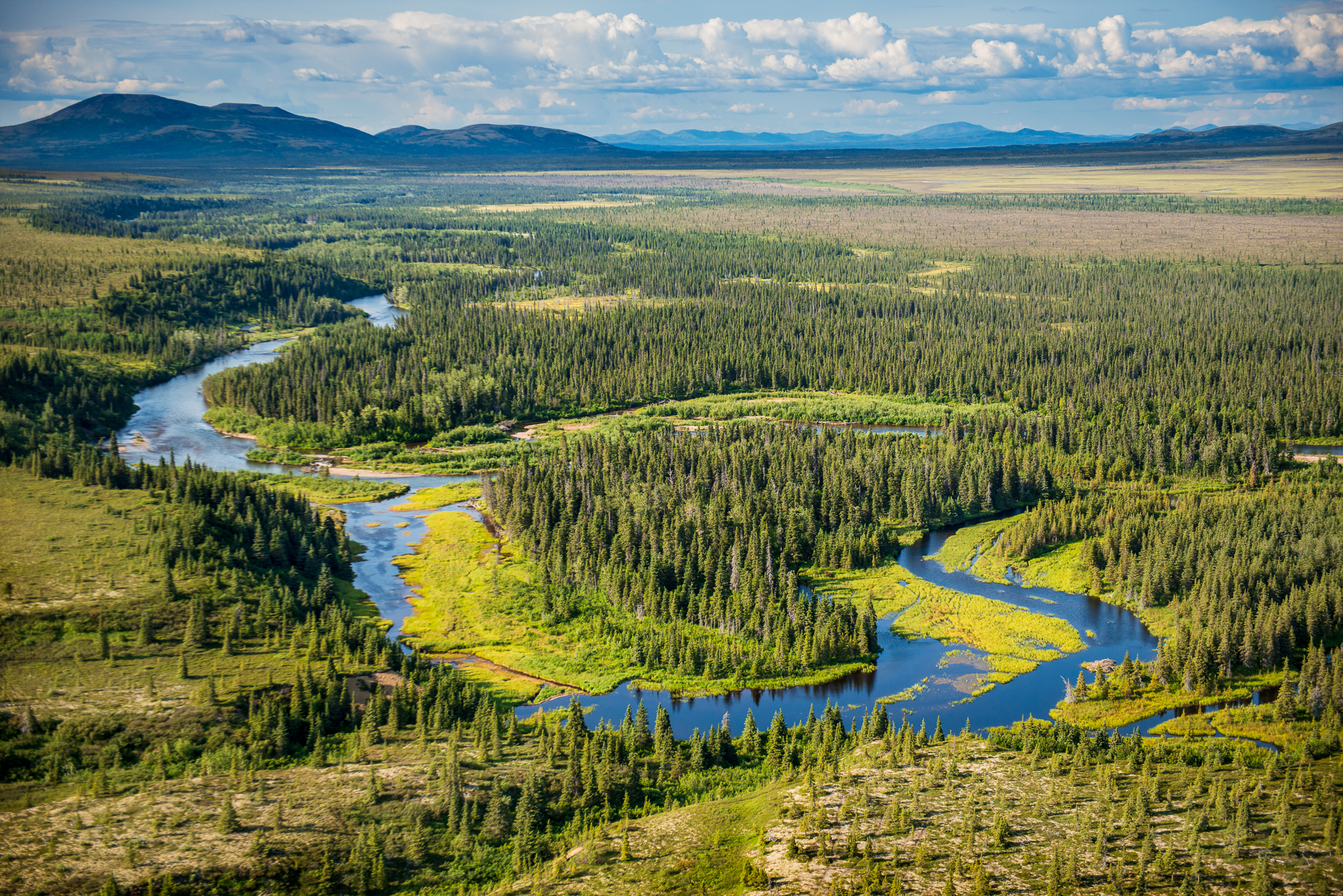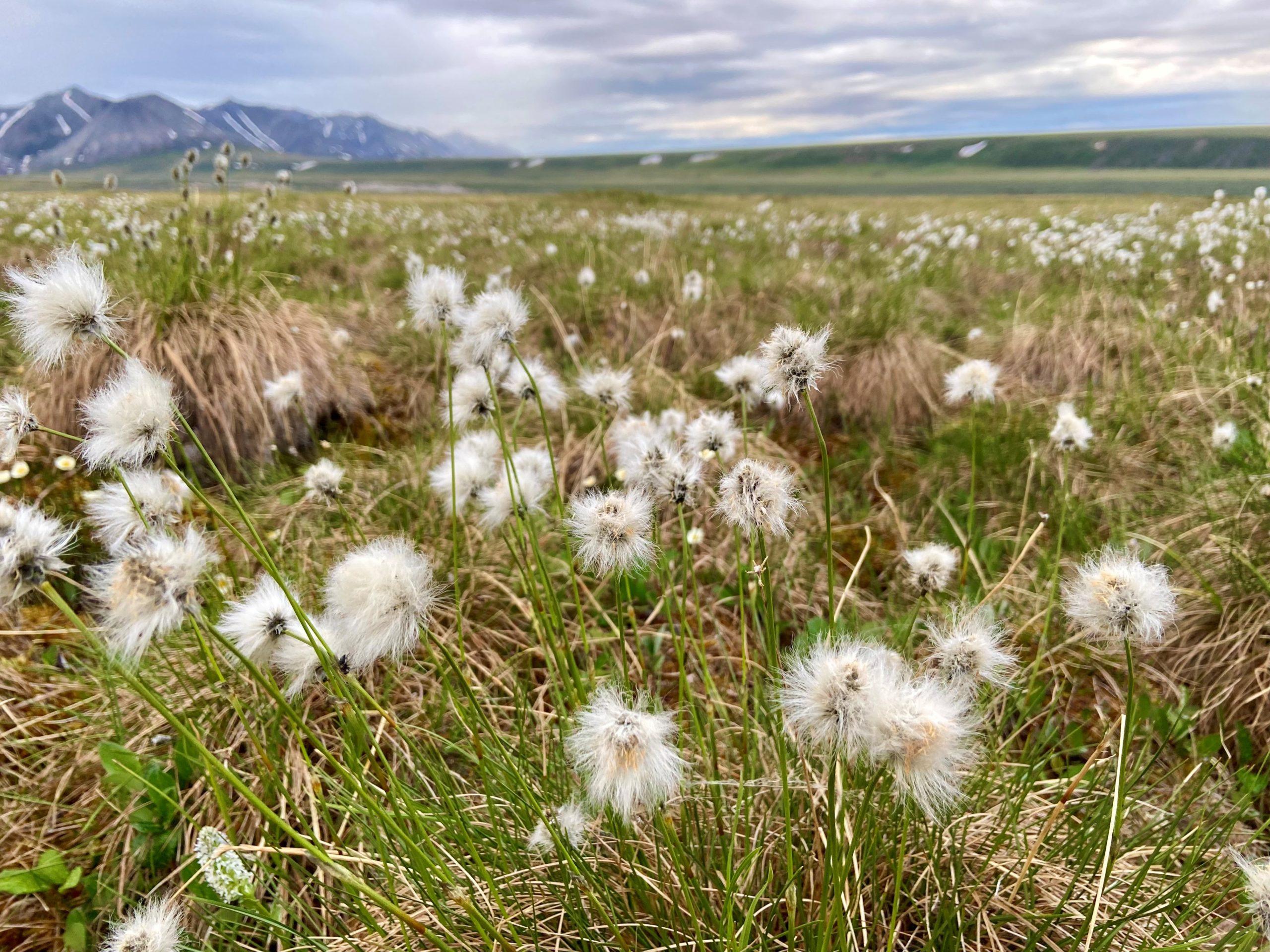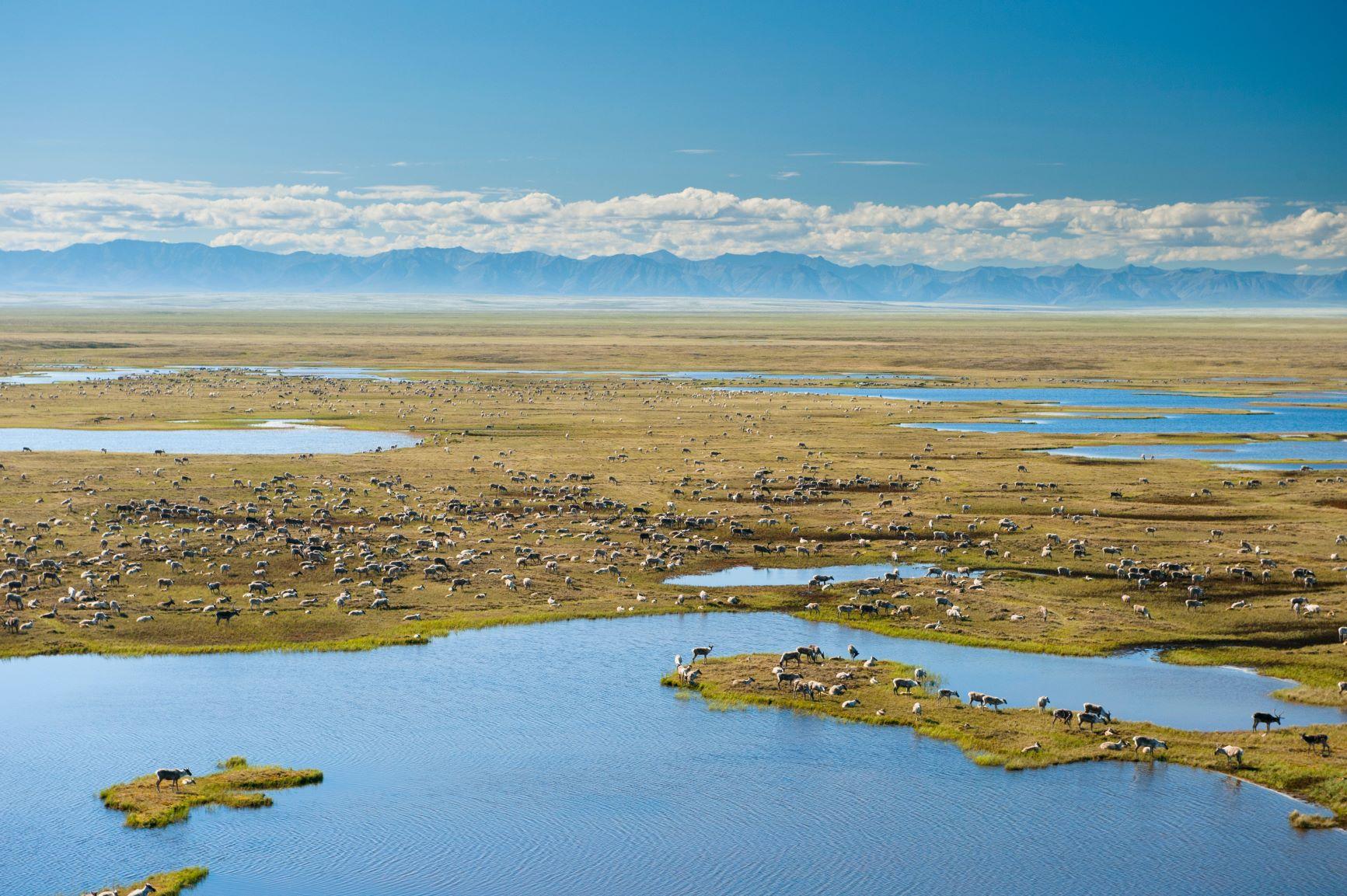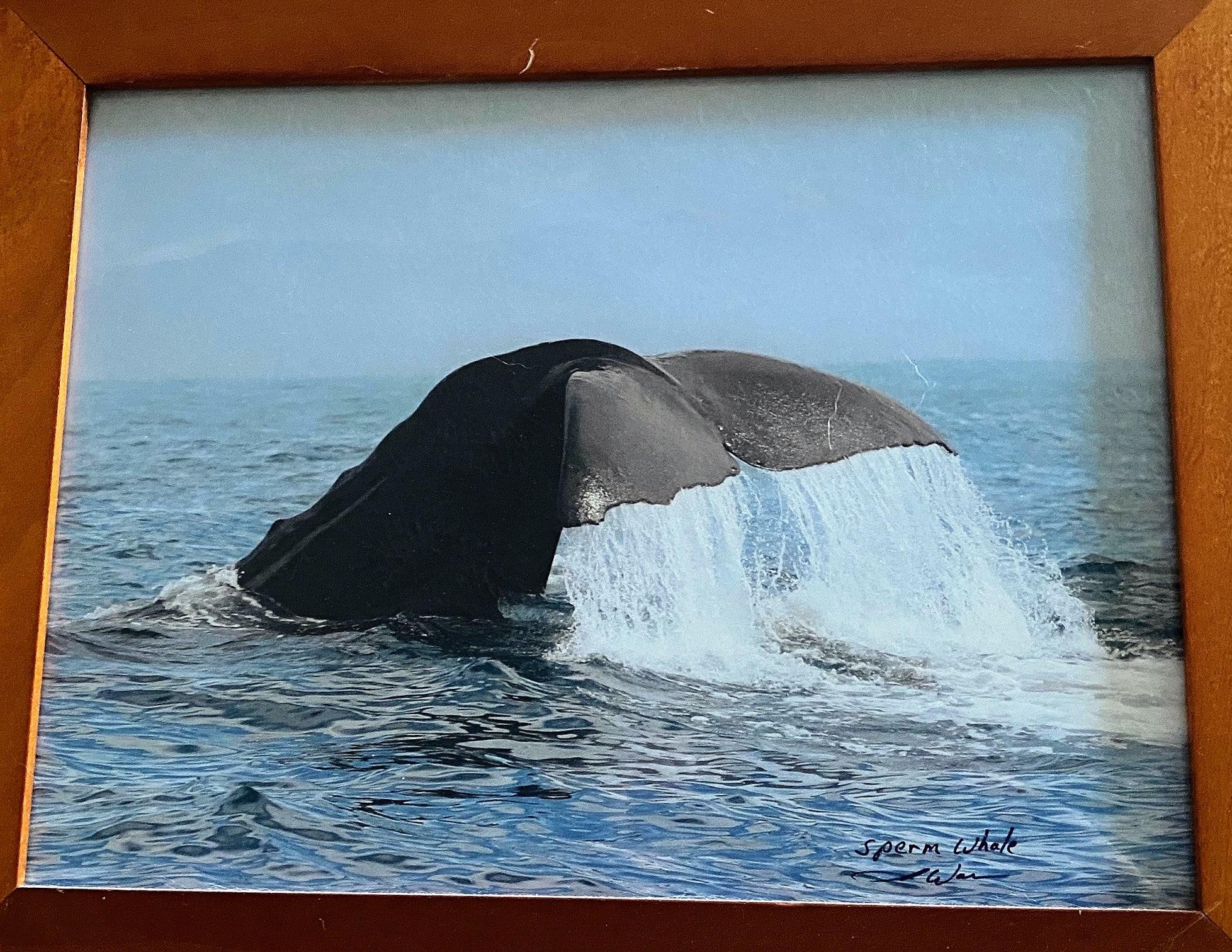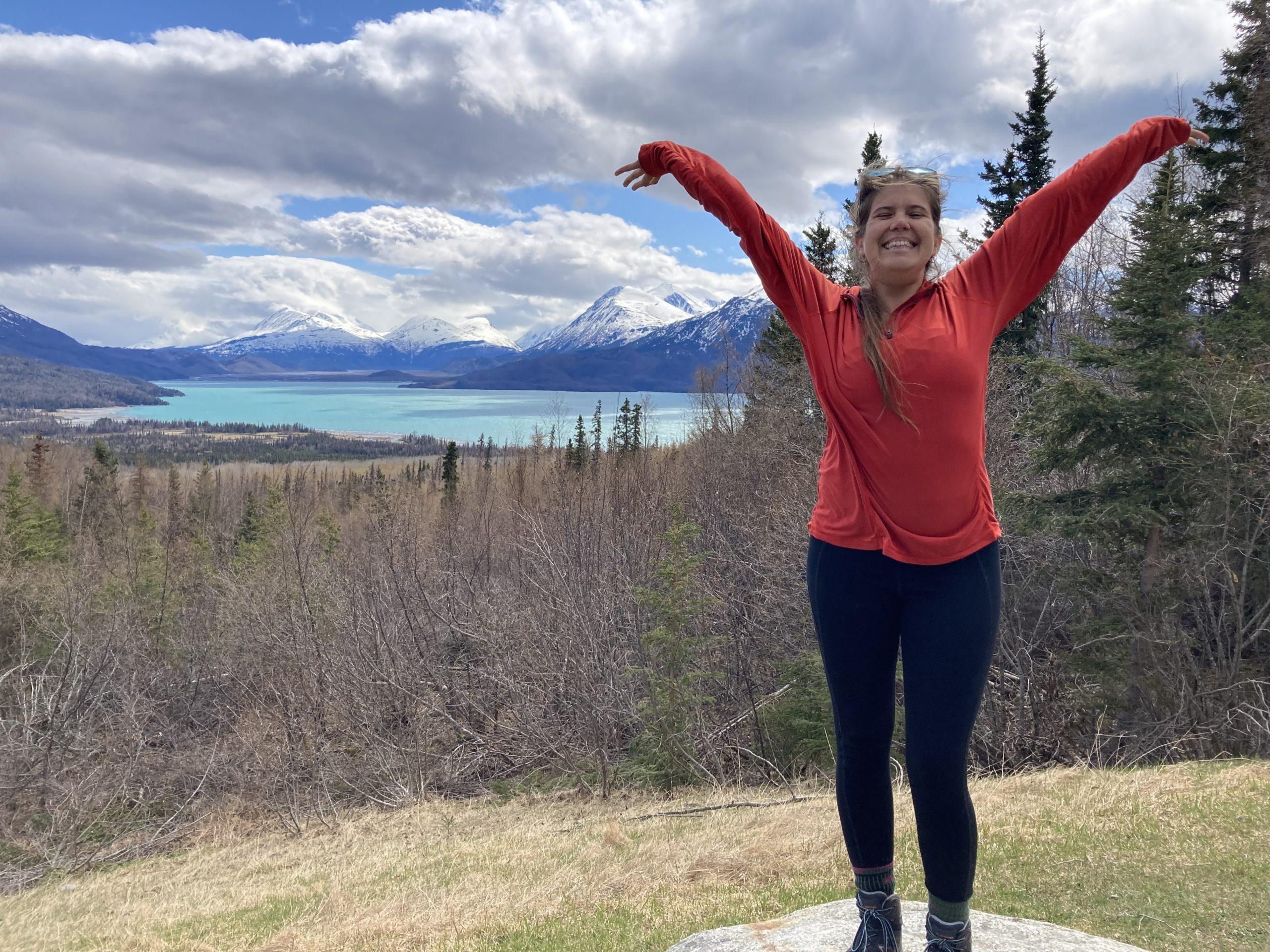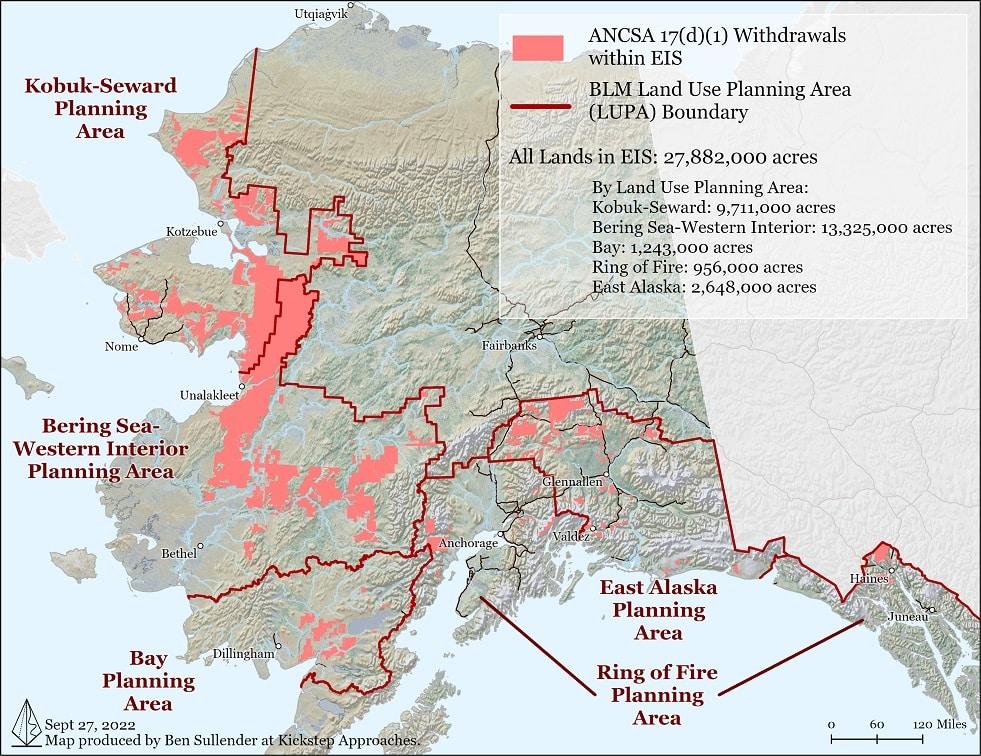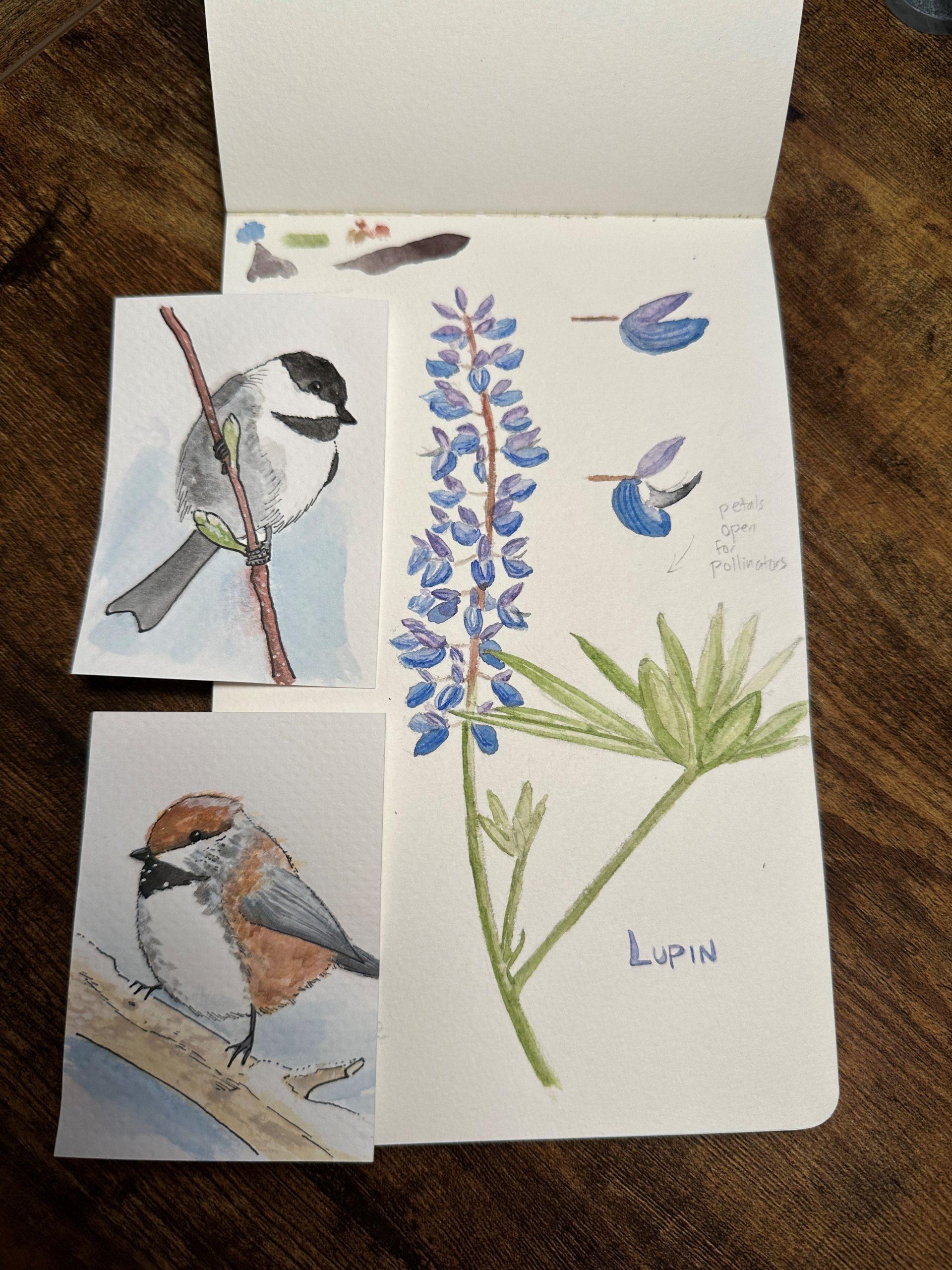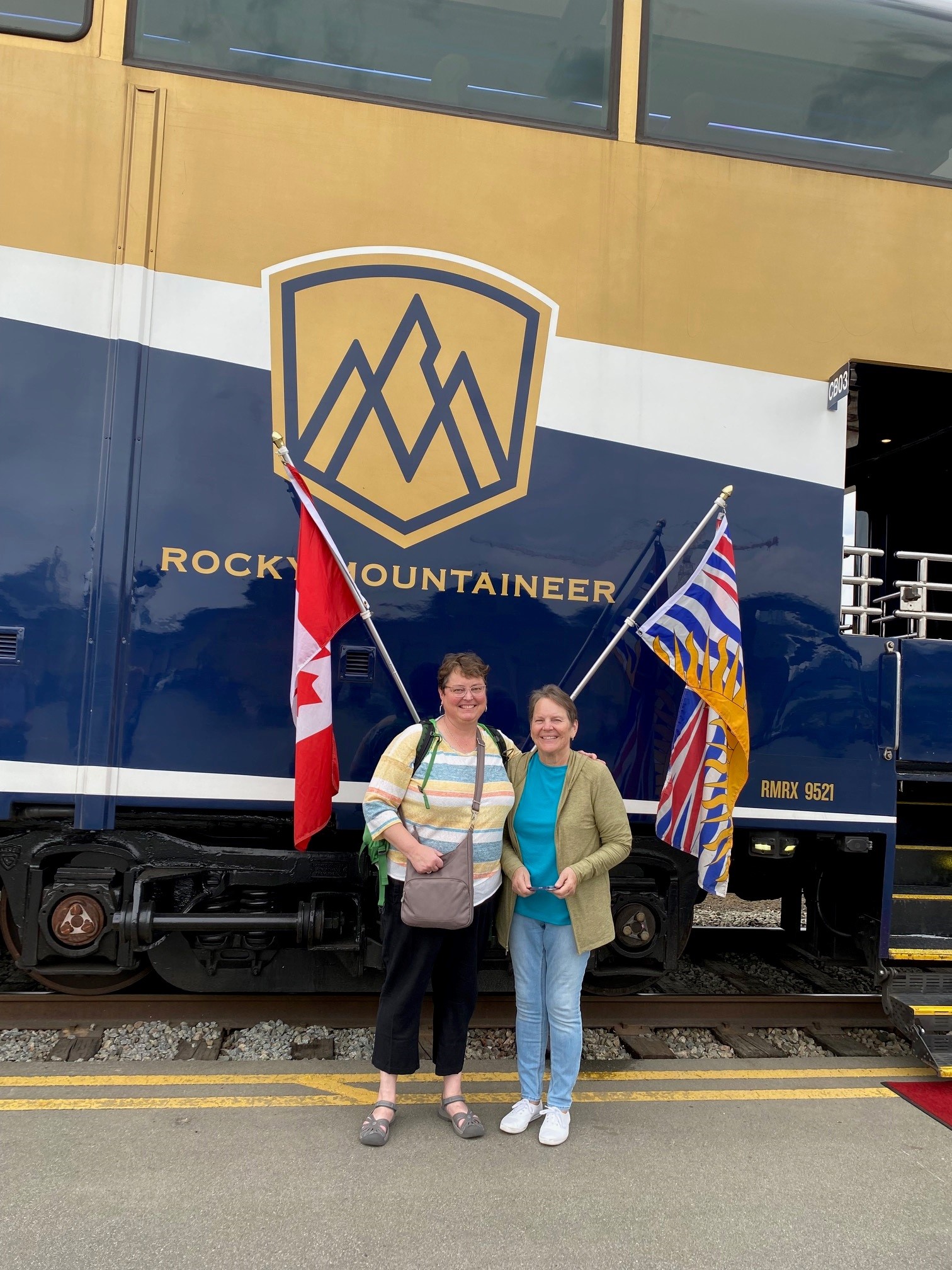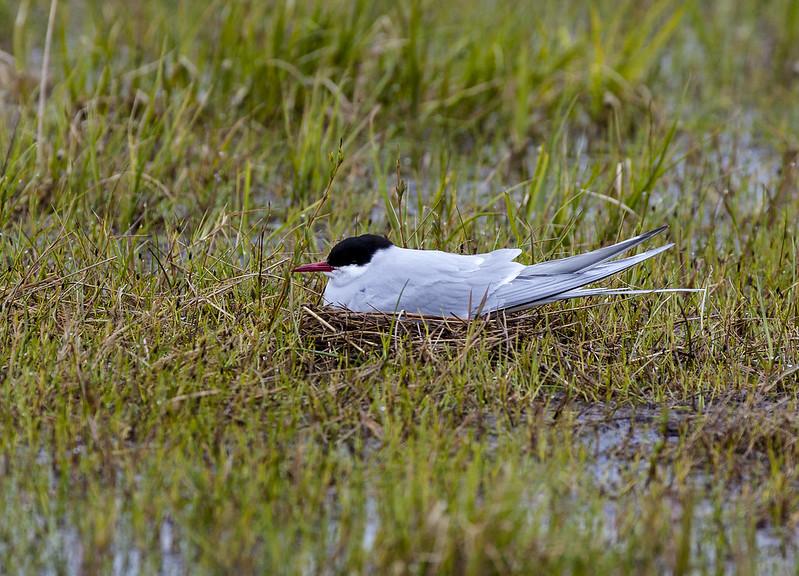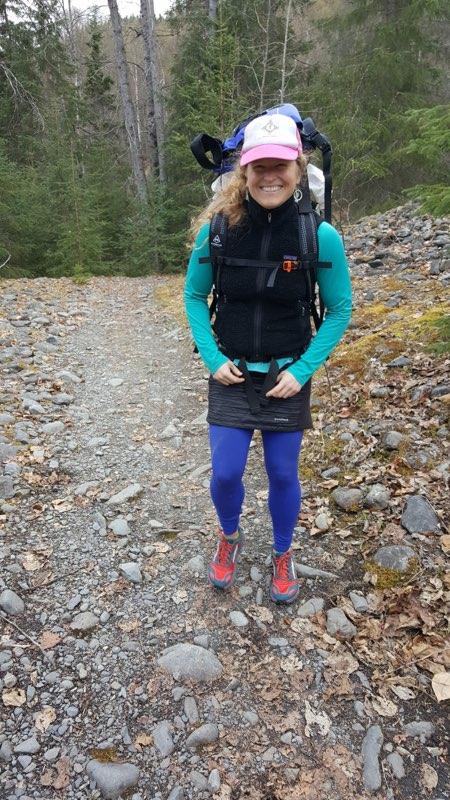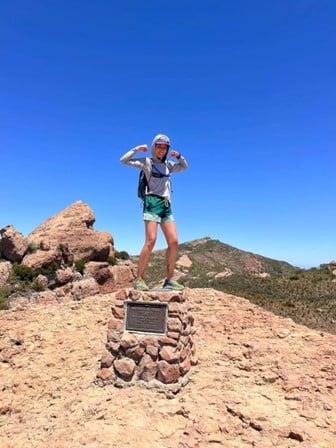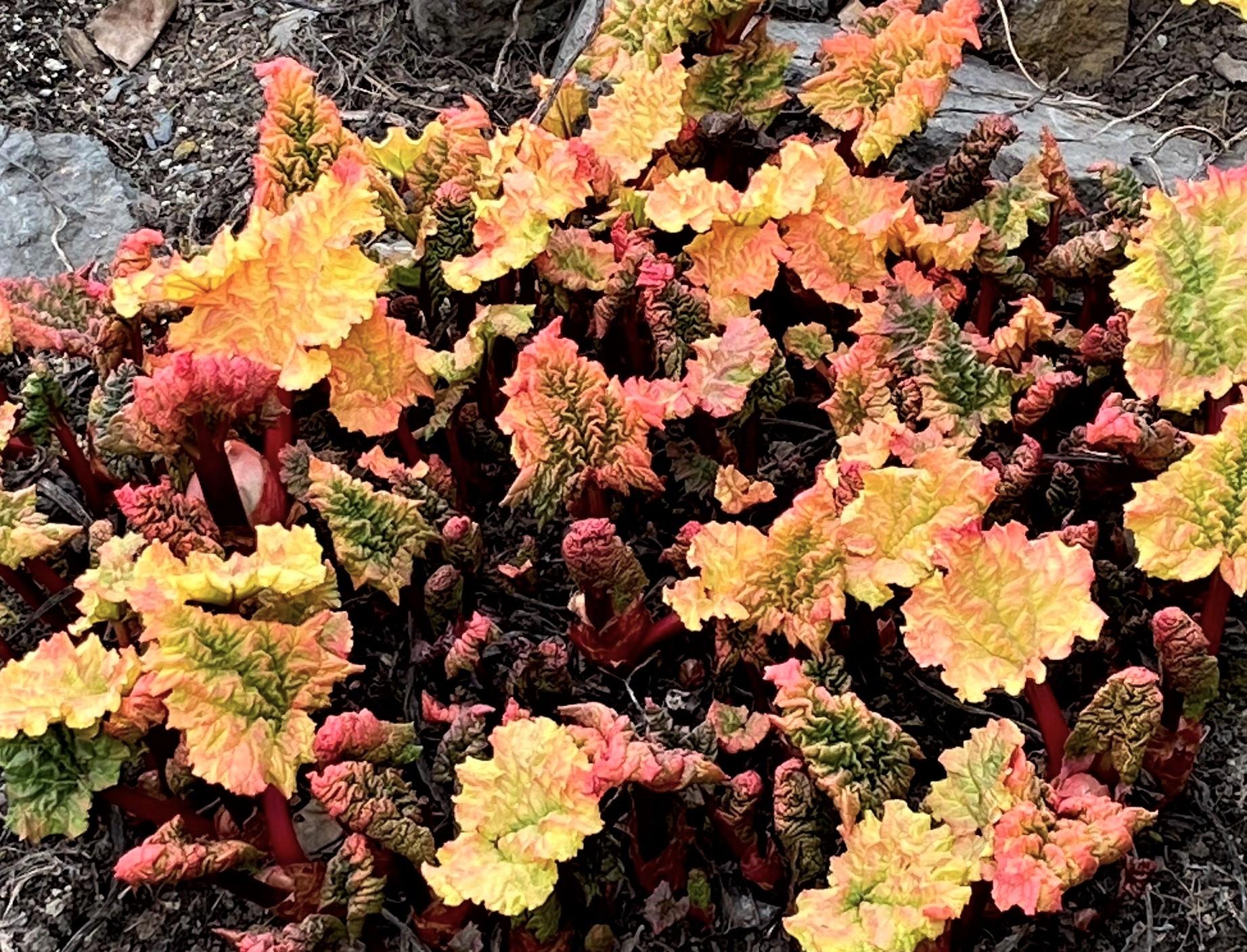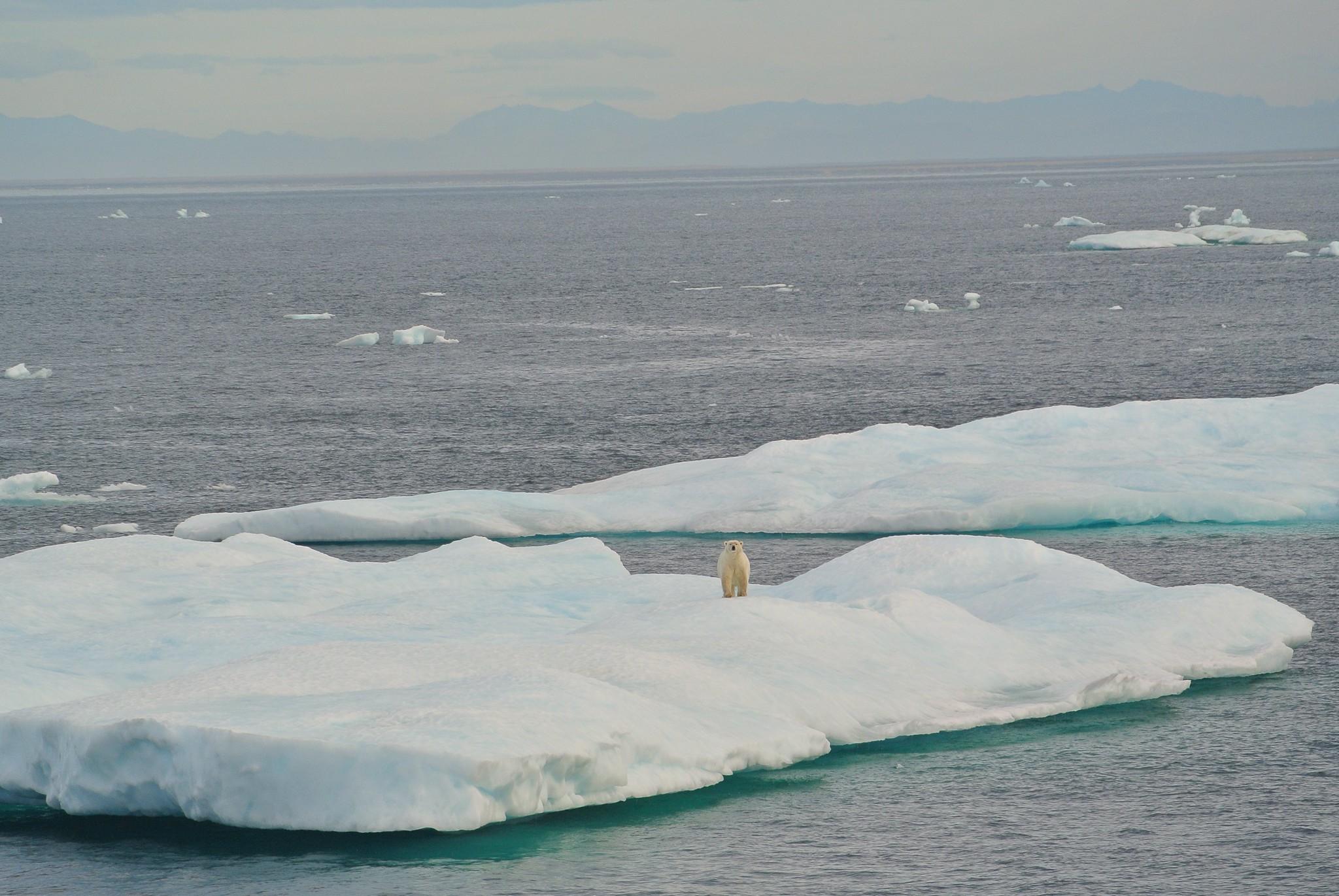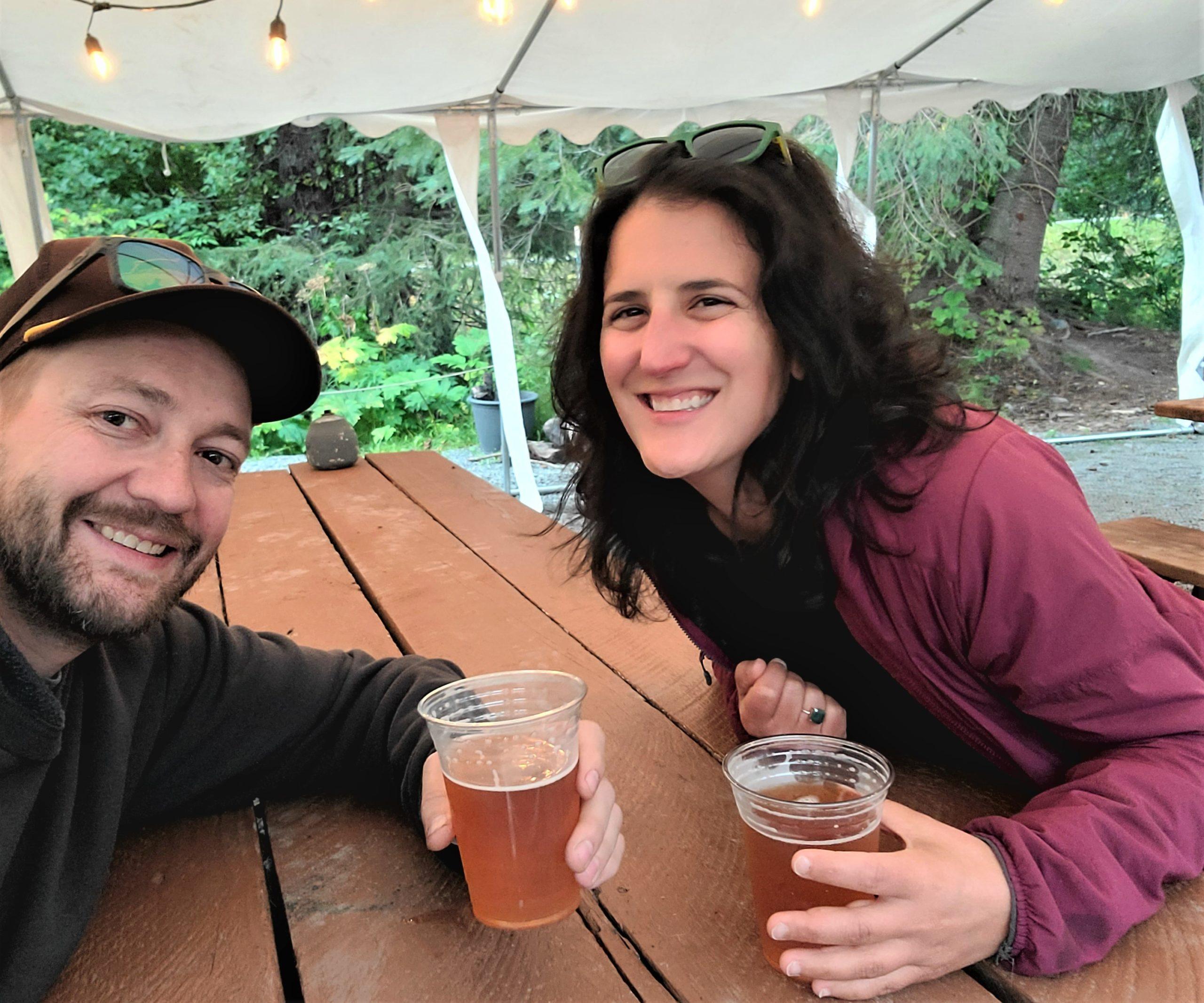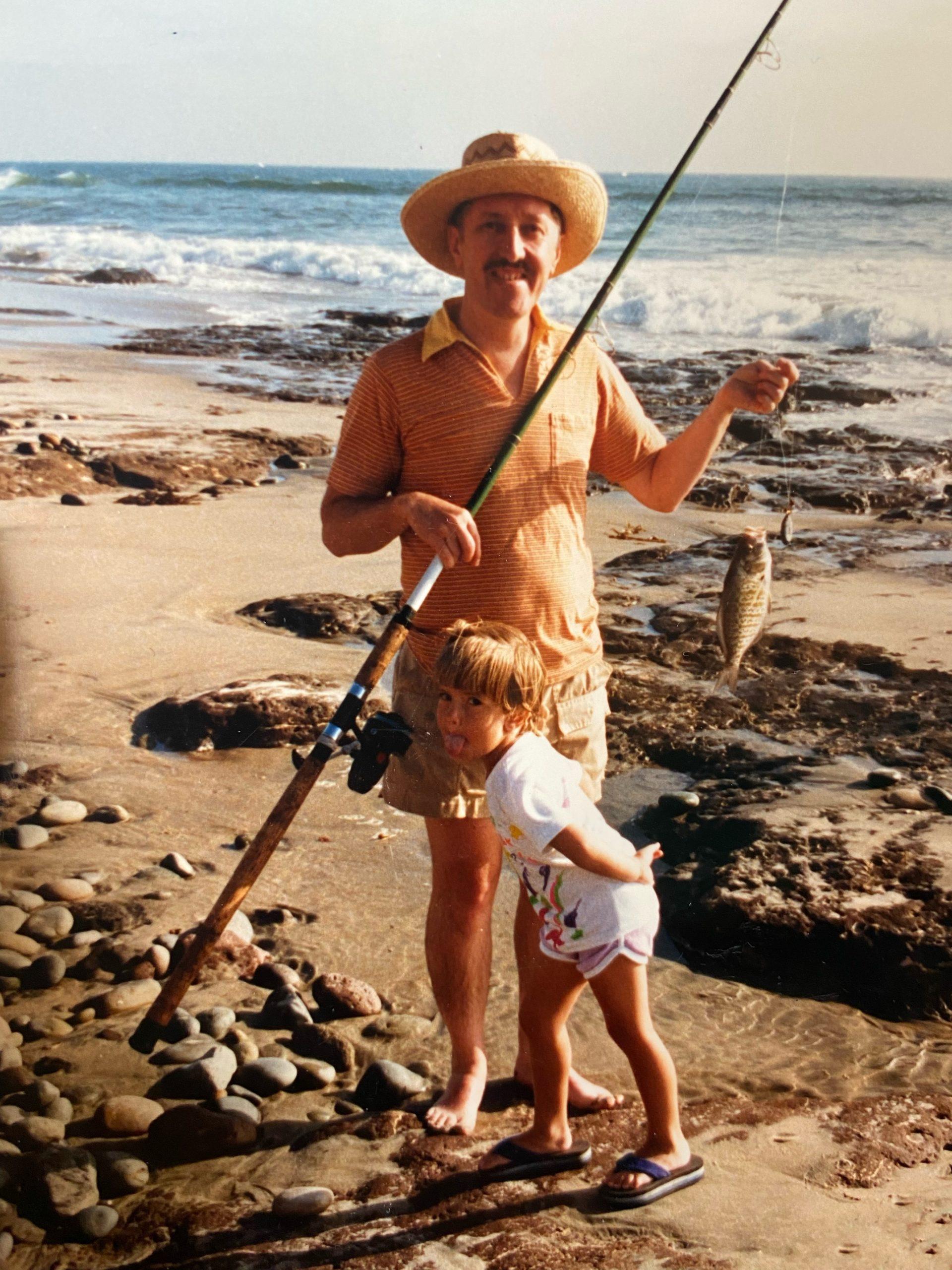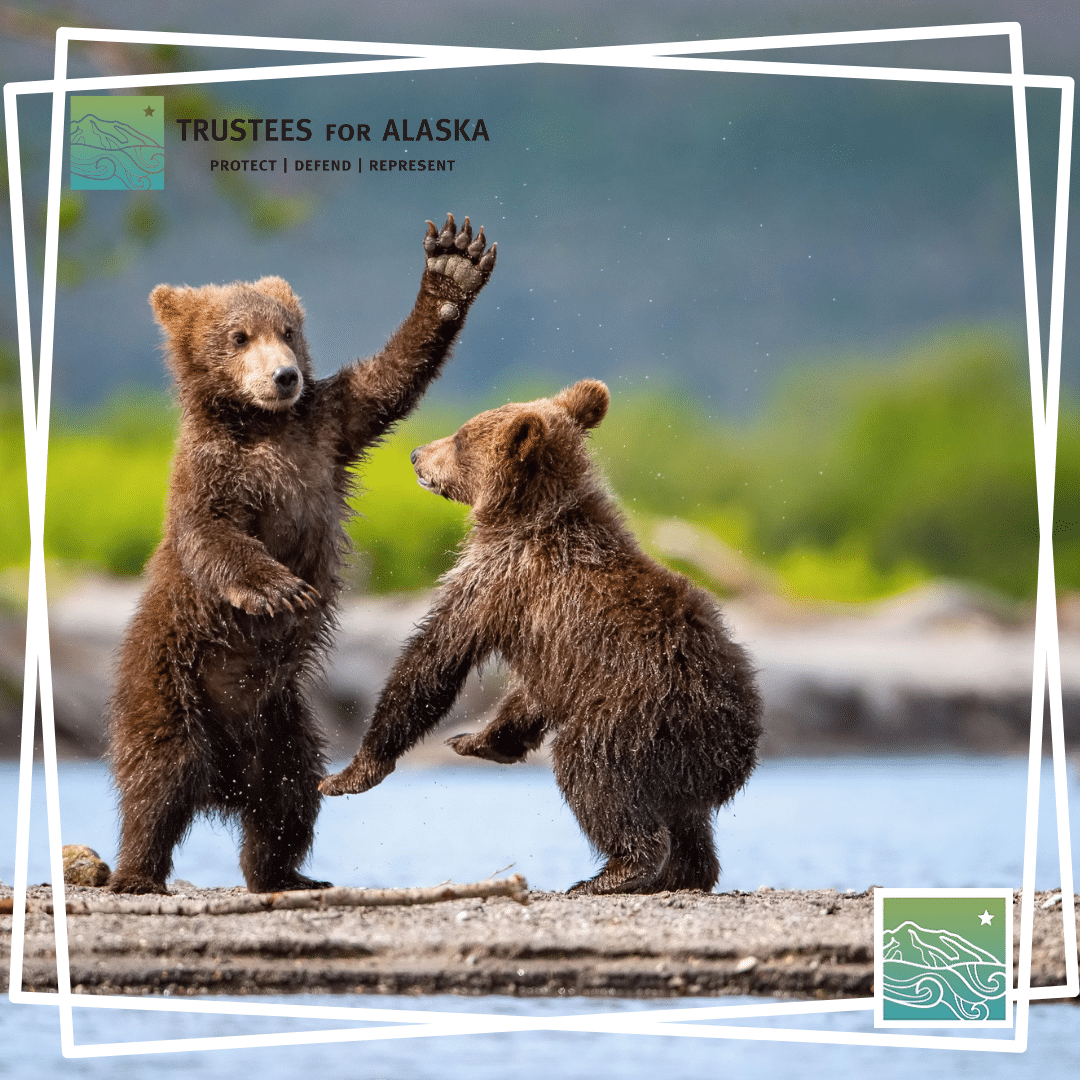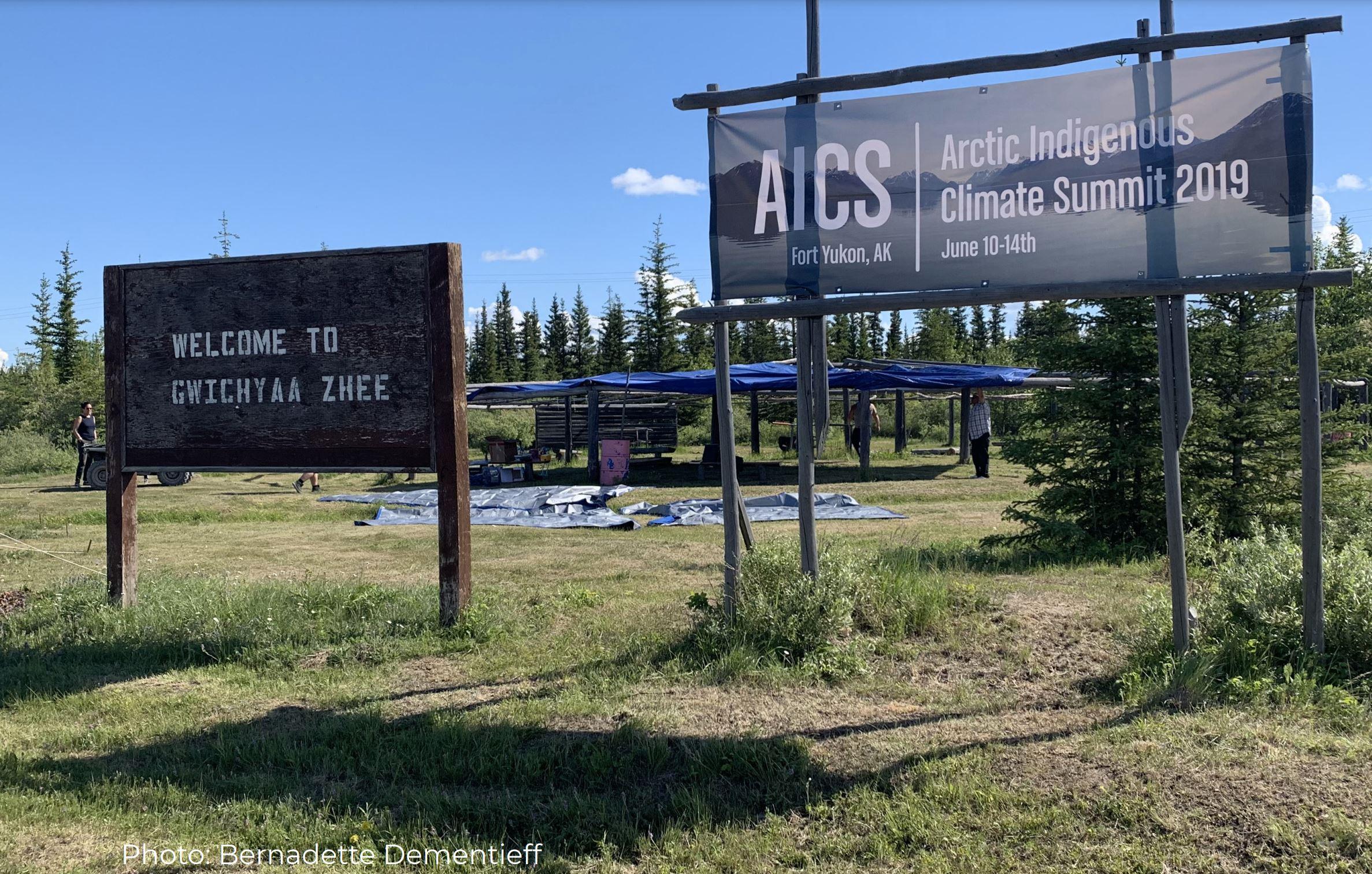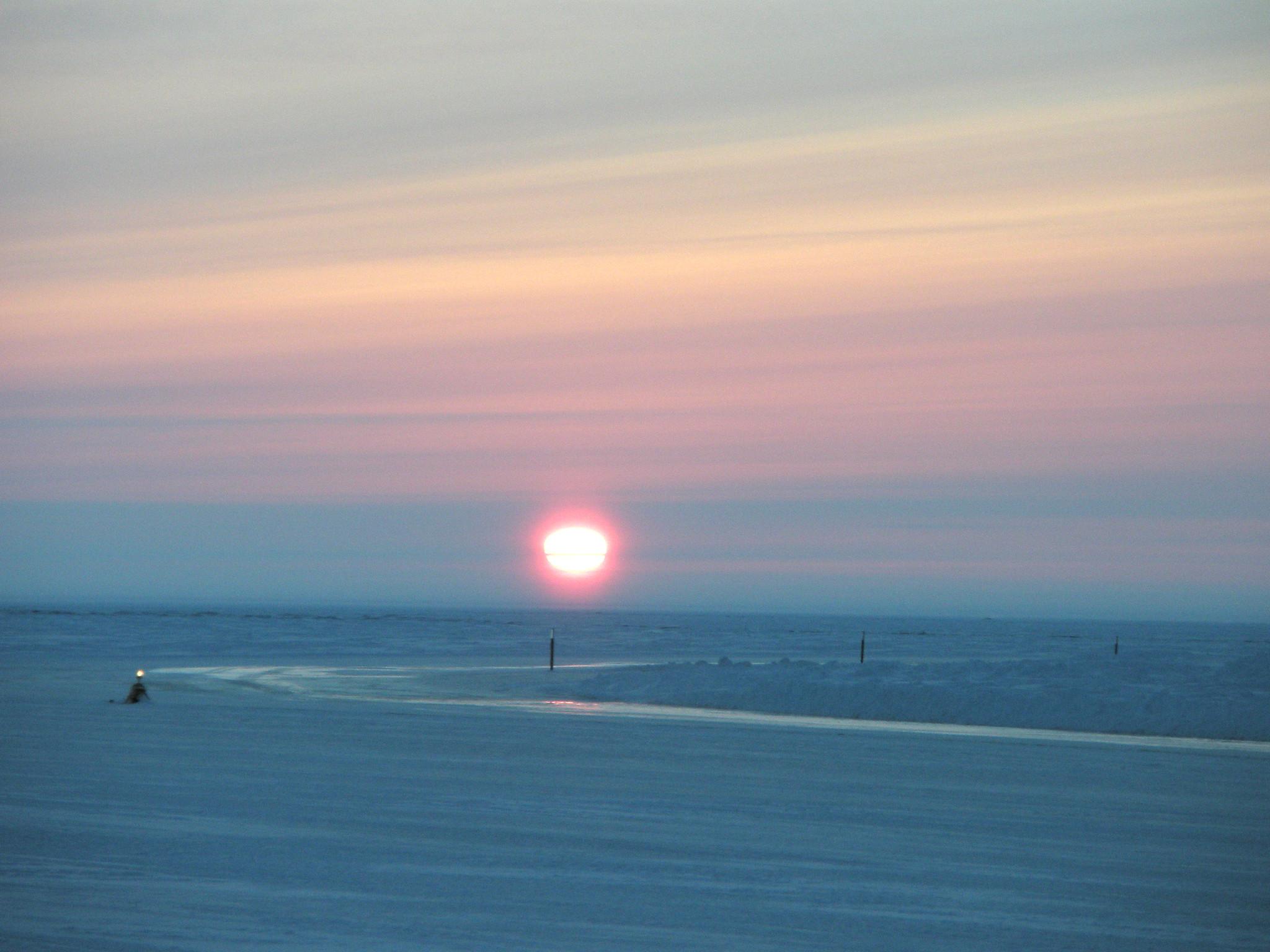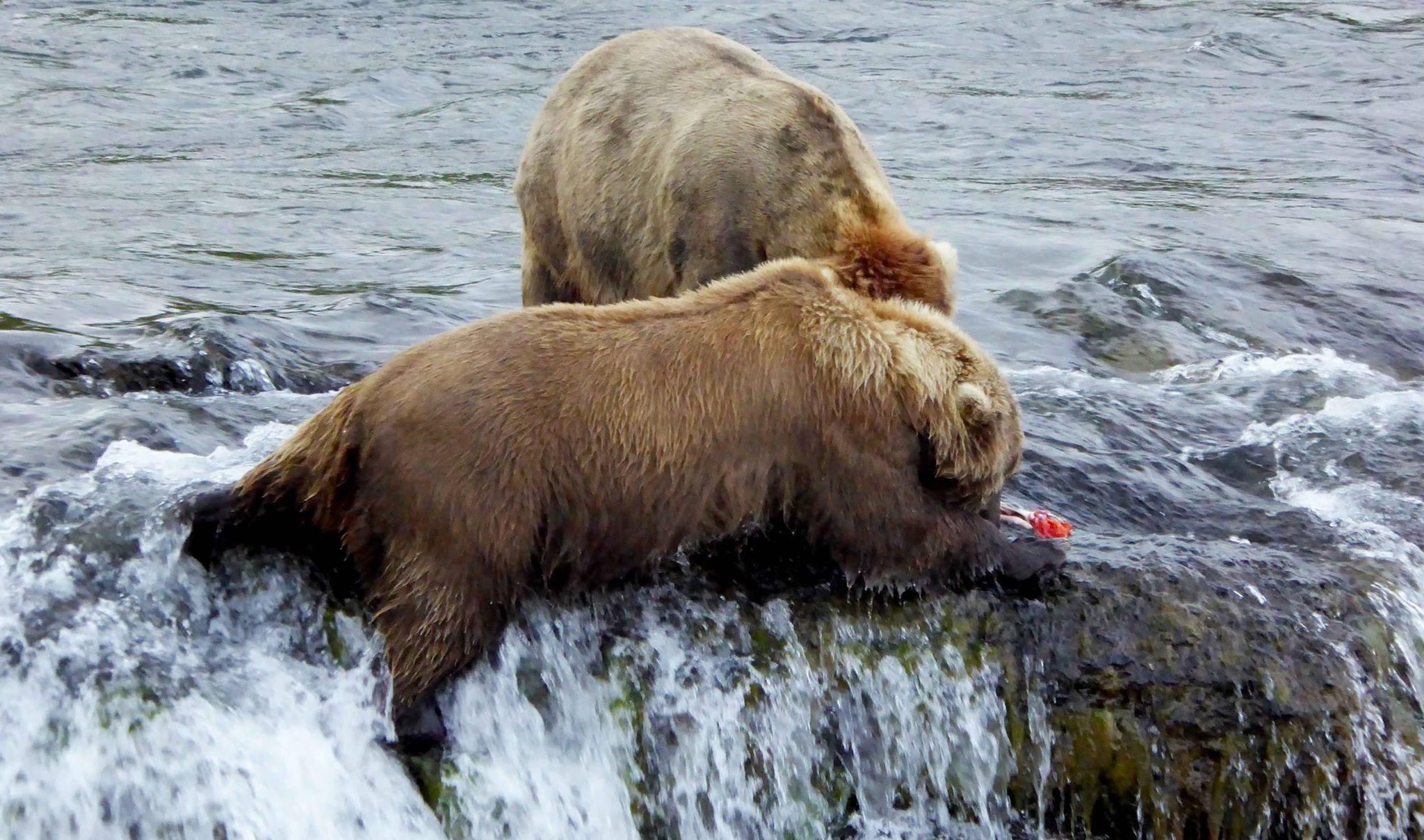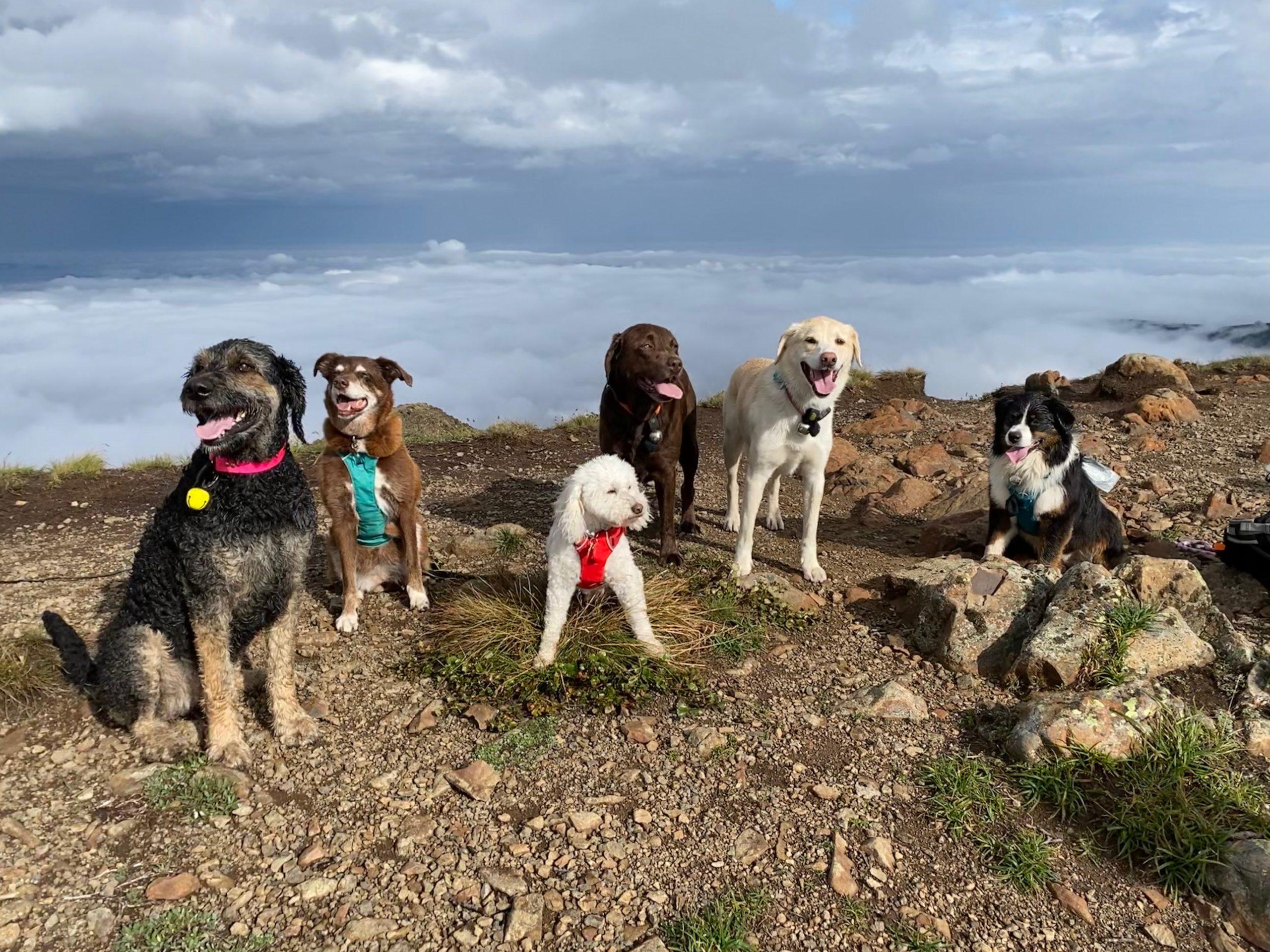You searched for
-1
search,search-results,paged,paged-2,search-paged-2,bridge-core-3.1.1,qode-page-transition-enabled,ajax_fade,page_not_loaded,,qode-title-hidden,qode-child-theme-ver-1.0.0,qode-theme-ver-30.0.1,qode-theme-bridge,wpb-js-composer js-comp-ver-7.4,vc_responsive
Quick guide to speaking out for the Arctic Refuge and Reserve
Here's a quick guide to help you speak up for the Arctic Refuge and Reserve during two comment periods that close in November. Now's the time to tell agencies why and how you want the Arctic protected for local communities, the planet, and future generations.Successes and milestones: It’s time to throw a party! Alaska News Brief September 2023
We’re closing out the 2023 fiscal year with high hopes for continued headway in protecting Alaska’s Arctic, clean water, salmon, bears, wolves, the integrity of public lands, and so much more. As we segue into 2024, we reach a Trustees milestone that we will be celebrating—with all of you. We’ve been playing a key legal role in protecting Alaska land, water, animals, and people for nearly 50 years. It’s time to throw a giant party—and we’re on it!Do Interior’s latest actions mean the Arctic is finally protected? Not yet. The devil is in the details.
The Biden administration did several things earlier this month that could lead to enduring protections for the Arctic and potentially make meaningful headway on climate change. First, the Interior Department cancelled the last remaining oil leases stemming from the reckless Trump-era lease sale for the Arctic National Wildlife Refuge.Vicki talks about the other world
As a kid growing up in Iowa, there were no oceans. What I initially learned about oceans was that there had been an ocean where Iowa is millions of years ago, and we went on a field trip to collect fossils of those long-dead small sea creatures.Teresa Clemmer talks about the zigzag way
By Teresa Clemmer The trajectory of my life has always been more of a zigzag than a straight line. I spent my early years living in San Diego, Miami, Tokyo, and Northern Virginia. My teenage years were mostly in San Diego with my mom, but my sister and I took extended side trips to Jamaica, Venezuela, and Ecuador to spend time with our dad. Then I went to college at Princeton in New Jersey, completed a year-long public interest fellowship in the San Francisco area, spent a second year in the Florida Keys, went to law school at Georgetown in Washington, DC, and then moved back to San Francisco cutting my teeth there as a young lawyer.Good change comes around. Alaska News Brief August 2023
It’s always good to have something to celebrate when new folks come around. And we got great news with a court win within a week of welcoming back Teresa Clemmer, who worked with Trustees years ago and came back this month as our legal director.Litigation 101: Can the state leapfrog lower courts to get straight to the Supreme Court? (Yes, the Pebble train wreck is back.)
Alaska's governor wants to leapfrog established legal processes to push forward the proposed Pebble mine by going straight to the U.S. Supreme Court. What does original jurisdiction mean and what's at stake?A month in the life of protecting the Arctic
We won in court and are still in court to protect Alaska's Arctic region. Learn about upcoming comment periods by signing up for our newsletter.Drinks with lawyers–Lydia’s quarter-life crisis
Lydia Heye joined Trustees as a legal fellow in September 2022 after graduating from law school in Los Angeles. She took and passed the Alaska bar soon after, and she began lawyering in earnest. So what's this about a quarter-life crisis?Big win in court for the Arctic Refuge: Court rejects AIDEA’s claims, upholds Interior’s authority to pause flawed leasing program
The U.S. District Court ruling today dismissed all claims made by the Alaska Industrial Development and Export Authority and the State of Alaska in their attempt to force the Interior Department to move forward with an illegal drilling program in the Arctic National Wildlife Refuge. Trustees for Alaska intervened in that lawsuit on behalf of the Gwich’in Steering Committee and allied groups in March 2022 to defend Interior’s suspension of leases and oil and gas activities on lands held sacred by the Gwich’in Peoples of Alaska and Canada. Today’s court ruling granted summary judgement for the Department of the Interior and Trustees for Alaska’s clients.Why I want to swim with whales. Alaska News Brief July
Talking about the weather isn’t chitchat anymore. When wildfires turn the sky apocalyptic orange hundreds of miles away, when floods turn city infrastructure to rubble, when heat makes walking outside lethal, it isn’t filler conversation—it is THE conversation. This is where sperm whales come in; when I feel disheartened, frustrated, angry at our species, I want to hang out with whales...Drinks with lawyers—Rachel makes a case for shiny red shoes
Rachel’s family knew she would be a lawyer before she did. Her grandfather used to tell her that long before she knew a thing about the legal field, but she didn’t buy it—maybe because she didn’t like other people telling her what to do, or maybe because she was the family member who would argue with him about anything, or because she was just a kid with an imagination as broad and expansive as the future. Whatever the case, no one doubted her penchant for advocacy. Take the story of the shiny red shoes.Why you should care about D1 lands in Alaska
Maybe you’ve heard the term “D1” in sports (division 1) or in construction (course gravel material), but “D1” means something quite different when talking about land in Alaska. Here, D1 lands refer to areas protected from mining and mineral leasing since the 1970s. They are commonly called D1 lands because they were withdrawn pursuant to section 17(d)(1) of the Alaska Native Claims Settlement Act.Sketching nature, respect and wonder
By Geoff Toy I grew up running around in the woods near my childhood home along the banks of the Chattahoochee River in Georgia. I spent a lot of time outside.The light always returns: Alaska News Brief June 2023
22 Jun, 2023
in Clean Air and Water, Employment, Litigation, Newsletters, People & Places, Wild Lands & Wildlife
Earlier this month, I joined my mom on her last—for now—“bucket list” adventure. We took the train to the Canadian Rocky Mountains for two days from Vancouver to Banff, going from an urban landscape and rainforest into high desert into boreal forest. Then we rented a car to spend some time in Lake Louise and Calgary. Stunning! And, because life works this way, I caught a virus at the end of this short-but-sweet trip.
in Clean Air and Water, Employment, Litigation, Newsletters, People & Places, Wild Lands & Wildlife
How building a house in Idaho changed national wetlands policy and now threatens waterways in Alaska
In late May, the U.S. Supreme Court again stepped out of its role as interpreter of the Constitution and law and did what only Congress is allowed to do: Rewrite the definition of “waters of the United States” in the Clean Water Act. If you care about clean water and understand the tremendous progress made in the last 50 years in cleaning up rivers choked with so much pollution they burned, seeing huge fish kills because of toxic pollutants, and seeing beaches closed to swimming because people were getting sick, then you should worry about how the Sackett v. EPA case reverses that progress.Drinks with lawyers—Katie talks about going into the unknown
At 28 and just a few years out of law school, Katie Strong left a policy-focused job in Yellowstone to work on the 2010 Pebble mine trial for Trustees for Alaska. She wanted to litigate and finally got her chance.When I grow up, I’m gonna be outdoors!
Lydia grew up wanting to be outdoors; and then the pandemic made racism more palpable when outside. But wherever the trail goes, she belongs.Hooray, spring has come! Alaska News Brief May 2023
There’s a meme that’s been going around Alaska for months now. It captures the progression of seasons—from winter to fool’s spring to second winter to the spring of deception to third winter to mud season. When Anchorage got 1.7 inches of snow on May 3rd, I figured we were well into the spring of discontent.Going to court again to protect already vulnerable polar bears
We went to the U.S. Ninth Circuit Court of Appeals last month to protect polar bears in the southern Beaufort Sea and nearshore North Slope area from oil and gas operations that could injure or kill bears.Drinks with lawyers: Bridget on doing good and paying the bills
If you heard about ConocoPhillips’ new Willow oil and gas project, you might have seen or heard Bridget Psarianos’ name in the news. She’s our lead attorney on Willow litigation and arguably the personification of our informal organizational motto, “Small, but mighty!”From tidepools to tussocks
Having grown up in large cities, my idea as a kid about “getting outside” looked pretty different than it does to me today. Getting outside often meant biking around my neighborhood or the city with my dad — versus mountain biking in the Chugach Mountains today.Spring into Alaska.
Welcome to Trustees for Alaska and our spring celebration! It’s May, after all, and here in Southcentral Alaska it’s only snowing… occasionally.It’s choice, not fate, on climate. Alaska News Brief April 2023.
Too many pandemic lessons have gotten lost as the engine of “normal” revs back up. COVID awareness around the deep unfairness and unhealthiness baked into our economic and social systems has been swept under the rug of consumption and record profits and business as usual. Even the lessons about how to prepare for deadly pandemics, wildfires, and storms has been forgotten in the rush to “get back at it.” But business is not usual. Life is not “normal.” We’re already in a pot of hot water that’s set to boil, and we’re still resistant to change.Protect the Western Susitna River area from unnecessary development
Learn about the proposed West Susitna Industrial Access Road through our storymap.Litigation 101: What’s a motion for a preliminary injunction and how did ours play out in our Willow litigation?
Motions can ask the judge to do an array of things, like changing where the case is heard, telling one party to release evidence or information to another, or agree to decide a case without oral argument. In our lawsuit challenging the approval of the Willow oil and gas project in U.S. District Court, we sought a preliminary injunction to stop ConocoPhillips from permanently and irreparably doing harm in the western Arctic while the court rules on our case.Why we like a proposed Park Service rule prohibiting destructive hunting practices on national preserves
In 2020 we went to court to stop a U.S. National Park Service rule from allowing sport hunting activities like brown bear baiting on national preserves in Alaska. We won in 2022 when a U.S. District Court judge found the rule unlawful and sent it back to Park Service to fix. Now there's a new proposed rule and there's a lot to like about it.Finding joy on mountain ridges
When I was little, my mother asked my brother and I to go on a hike up Mount Abraham with her for Mother’s Day. Part way up the mountain, I planted myself on a rock on the side of the trail and absolutely refused to go any further. They summited; I stayed on that rock.Press Releases: 2008
29 Mar, 2023
in
October 17, 2008: Cook Inlet Beluga Whale Population Listed As Endangered November...
in



